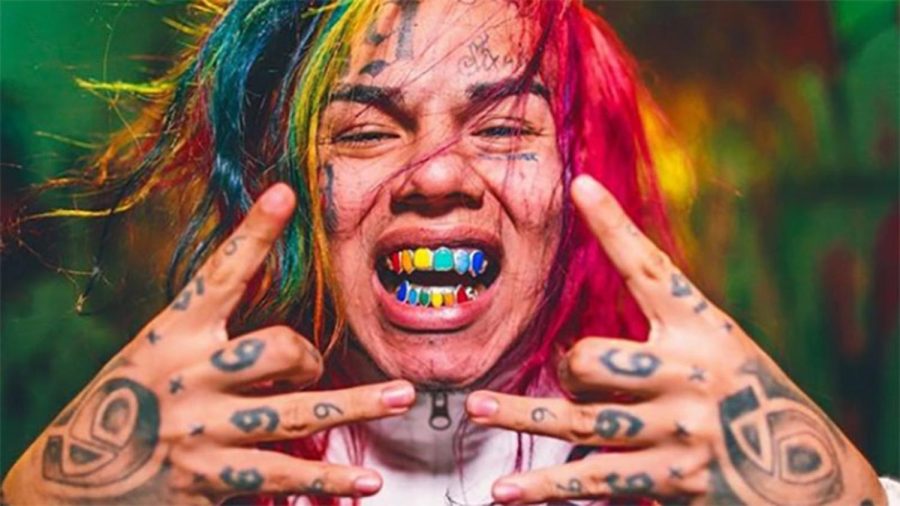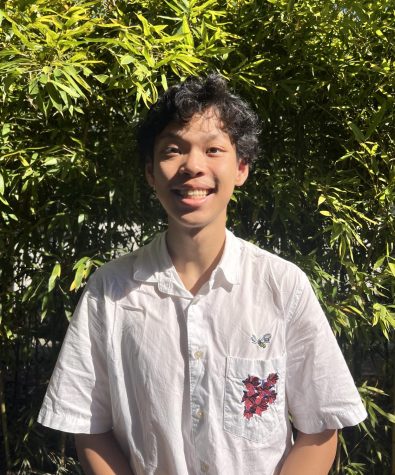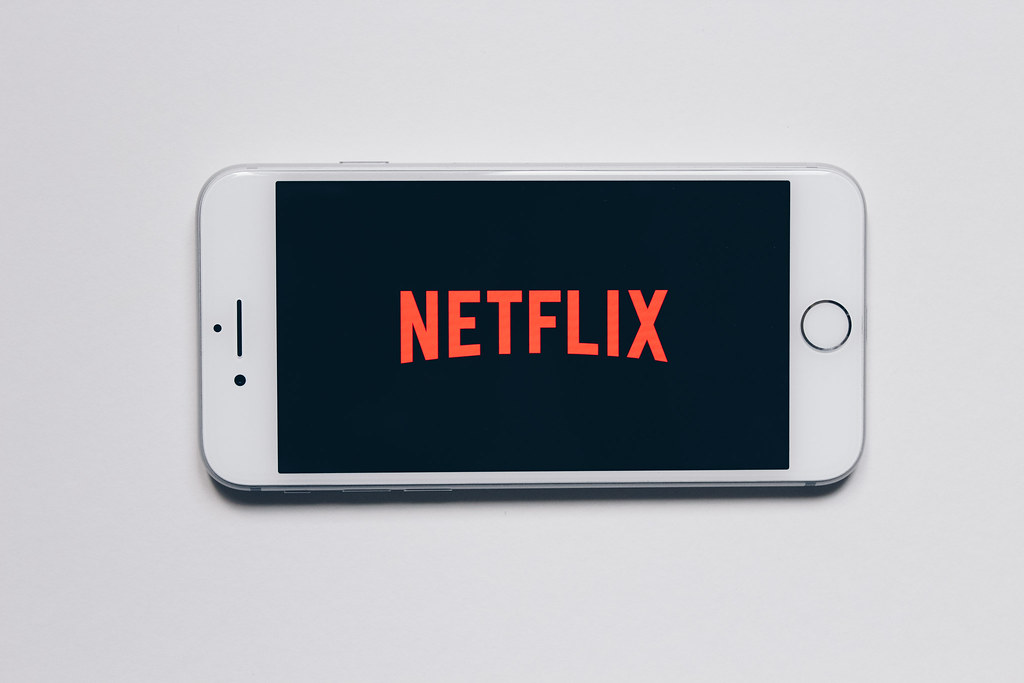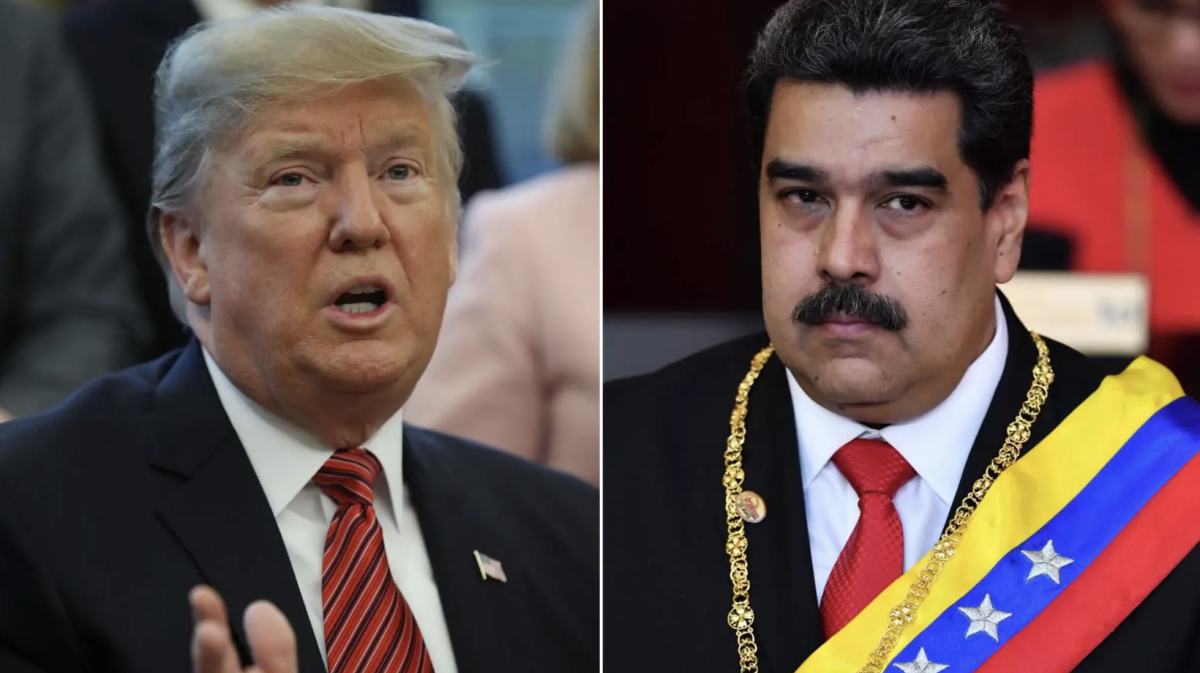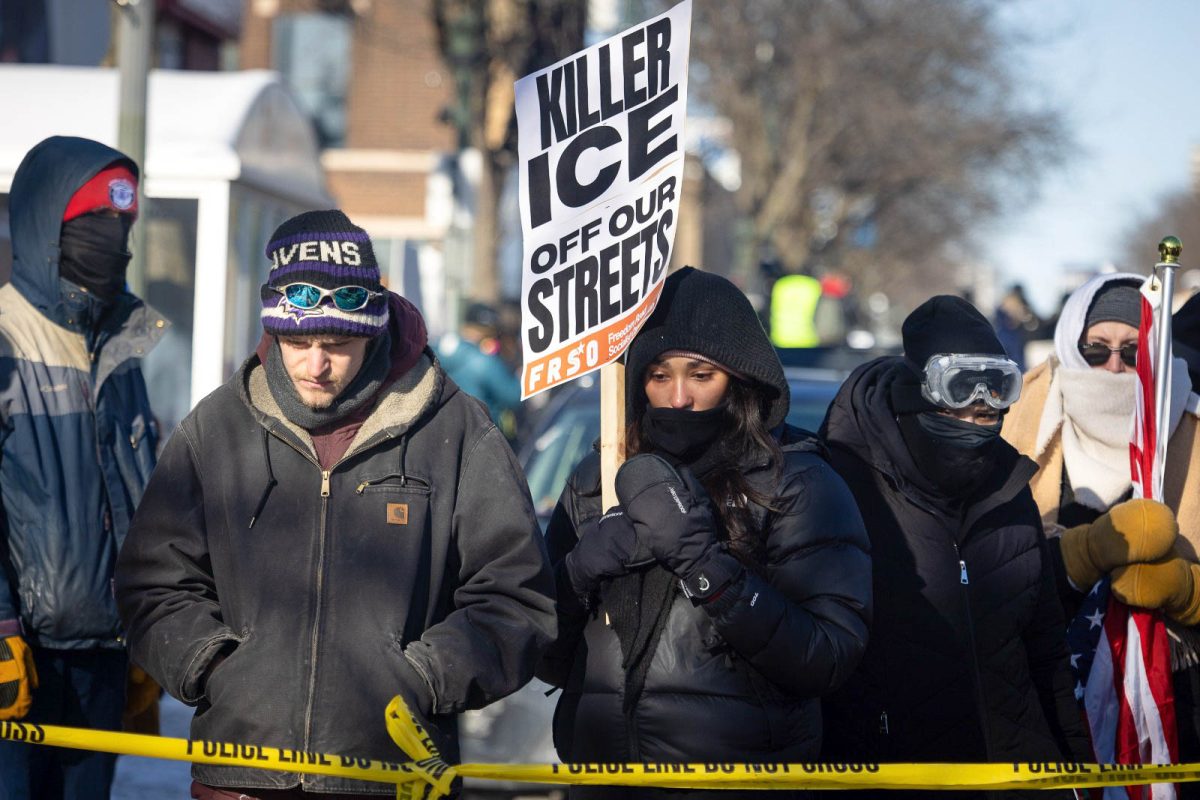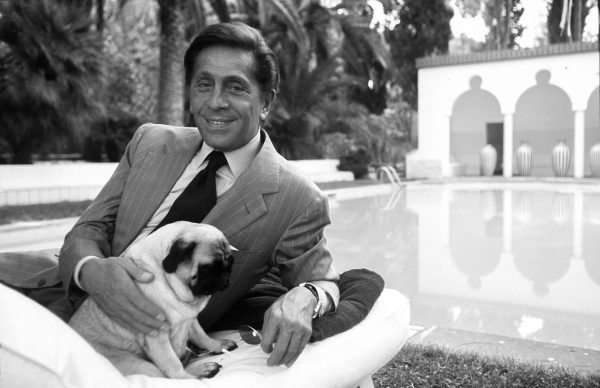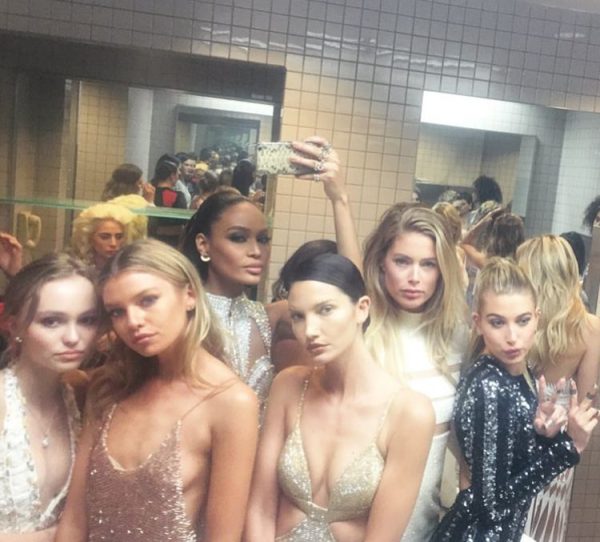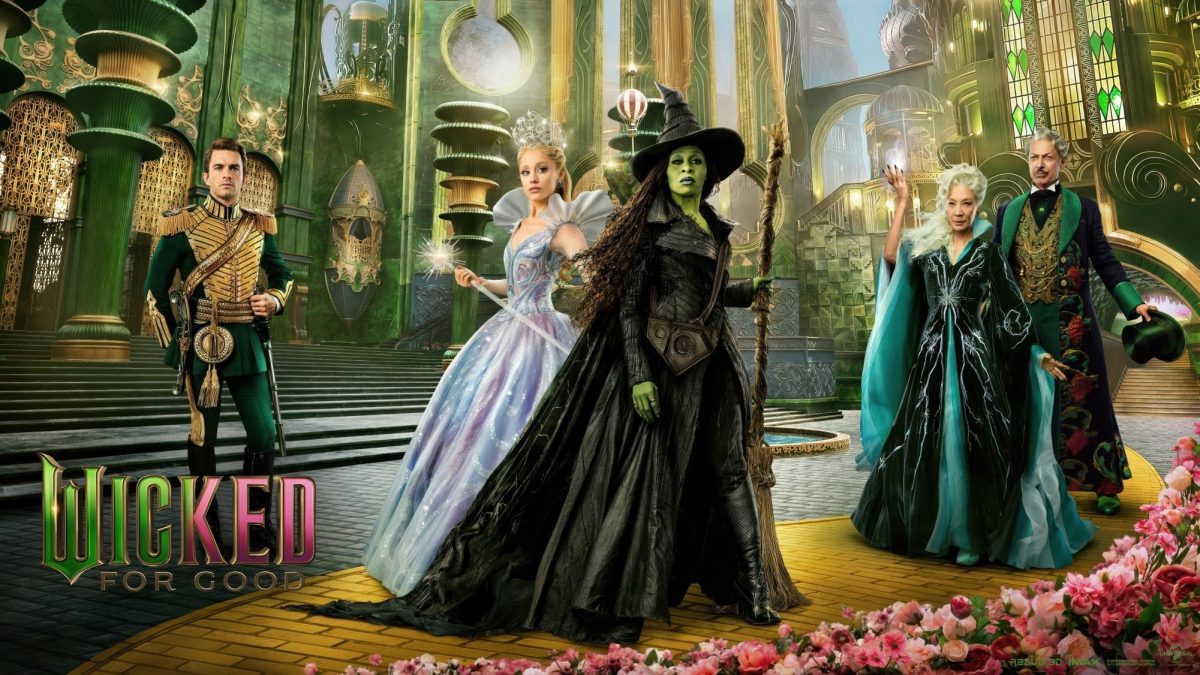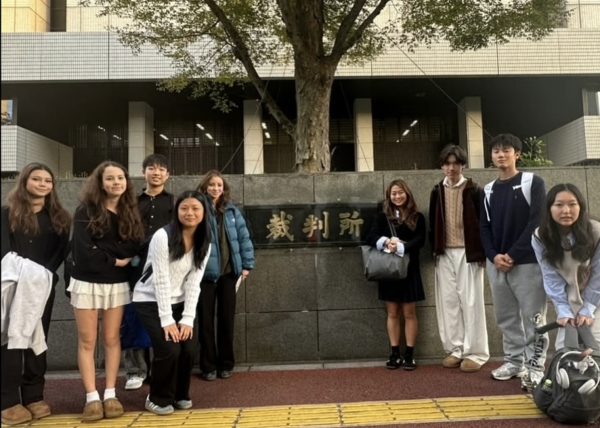Tekashi 6ix9ine: Hip-Hop’s Cautionary Tale Against Attention-Seeking
January 14, 2022
Even within the glamorous, chaotic world of hip-hop, Daniel Hernandez, known by many as the rapper Tekashi 6ix9ine, has always been a loose cannon.
From his neon-rainbow attire, to “snitching” on gang members, the Brooklyn rapper has proven time and time again that his personality is more volatile than the firearms he wielded. But for Hernandez, it wasn’t the flashy outfits, guns, and money that led to his infamy (although they certainly helped). In the end, it was his fame-at-all-costs attitude that led to his rapid rise — and his subsequent downfall.
Hernandez is famous for two main reasons. The first is his brash hip-hop music, which features violent references to gang life and ear-splitting instrumentals. He originally chose rap as a quick route towards financial security, in order to support his pregnant wife. While lacking in technical and production skills, “Tekashi 6ix9ine” (as he would call himself) would strive to forge
connections with numerous hip-hop veterans to propel his rise to stardom.
This strategy enabled Tekashi to learn from experienced artists, and apply their techniques to his own music. In 2017, Hernandez finally won a Double Platinum award for GUMMO, a dark, aggressive punk rap about making money, defeating rival gangs, and making even more money. Despite the controversial (and repetitive) nature of his music, Hernandez currently commands around 9 million Spotify listeners per month.
The second reason for his fame is his role as a “snitch” in the conviction of the Nine Trey Gangsta Bloods. Originally a small branch working under the United Blood Nation — an infamous set born out of Rikers Island Prison — the Nine Treys would earn a formidable reputation as one of the East Coast’s deadliest gangs. In 2019, under the pressure of a minimum 47-year prison sentence, Hernandez testified against the Nine Trey members, all of whom had been close associates and friends of the rainbow rapper in the past.
His public “snitching” earned him a mountain of trouble, including unfavorable nicknames and death threats. But despite the countless perils surrounding his life, Hernandez expresses content with his life. In fact, he openly revels in his infamy, choosing to taunt and mock former gang members on Instagram. This behavior preserves his reputation as a “troll.”
Traditionally, a “troll” is somebody who incites the attention and rage of others, for no apparent reason other than glee. Even before becoming a rapper, Hernandez would purposefully litter online feeds with incendiary remarks, fanning the inevitable flames these firebombs wreak. As a rapper, Tekashi would shower fellow stars with acidic jabs, only to laugh gleefully at the incensed replies of his targets.
Like a matador against his bull, Hernandez would court the rage of others, only to sidestep at the last second. To him, any attention was good attention – even the bad. Elliot Grainge, the CEO of Tekashi’s label, 10K Projects, comments on the genius of Tekashi’s PR scheme: “We look at the data — 80 percent of [the fans’ comments towards 6ix9ine] are hate. But if we showed you the analytics on who writes the hate comments, they’re the ones who go to the shows and buy the T-shirts!”
However, trolling would eventually lead to the downfall of rap’s problem child. In 2018, he would hire Shotti, a past associate and a member of the Nine Trey Blood Gangstas, as his unofficial manager. During future court trials, Hernandez explained the relationship between himself and the Nine Treys: the former would bring the gang fame and publicity, while the latter would provide the rapper with protection and street credibility.
Hernandez’s tolerance for fake “gangbanging” eventually reached a limit, when his crime and racketeering counts with the gang piled up – enough to draw the attention of the FBI. By this point, however, the situation had become murky. Tekashi would either have to stay in the gang life, or die leaving.
After several months, both Hernandez and his Nine Trey associates would be caught by the FBI. Tried under multiple charges of attempted murder, armed robbery, and drug racketeering, Tekashi would give up his associates. In exchange, the court would provide Hernandez with a reduced sentence of two years. Later on, he would also gain federal protection from the remaining Nine Trey members, all of whom viewed Hernandez with a burning, immeasurable rage.
Nowadays, Hernandez continues to rap outside of jail. He was released four months early into house arrest, amid concerns about his asthma in a COVID-19 infested jail. Aside from music production, trolling is still Hernandez’s primary goal. In fact, in his first post-prison song, GOOBA, his main verse against haters is, “Are you dumb, stupid, or dumb?” All of his song production is conducted under a secure, FBI-protected address, which gang members supposedly cannot infiltrate again. (His first location was leaked.)
Daniel Herandez’s life is a cautionary tale against the thrilling, dopamine-fuelled stardom hip-hop can entail. For Hernandez, his meteoric rise to fame would push him down a path of self-destruction — a path on which trolling, gang affiliation, and numerous crimes would ultimately lead to his imprisonment. Currently, Hernandez lives under the diluted shine of his former glory, having lost tens of thousands of social media followers and monthly listeners after his imprisonment. Despite its formidable ability to draw attention, even controversy has its limits.
But sometimes, Hernandez’s unshakable energy is something to admire. In GOOBA, Tekashi gleefully flirts with danger, by flaunting his freedom against his still-imprisoned former gangmates. “Haha, *****, I’m laughin’ ‘cause you big mad,” he says. “Tell me how I ratted, came home to a big bag.” Some may view Tekashi’s actions in life as brave. But there is a fine line between courage and stupidity – one which Tekashi may have crossed several times too many.

